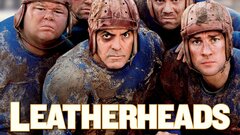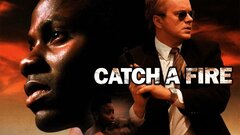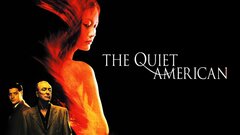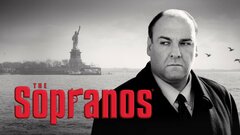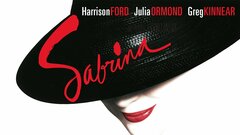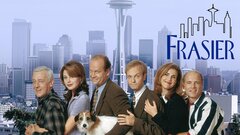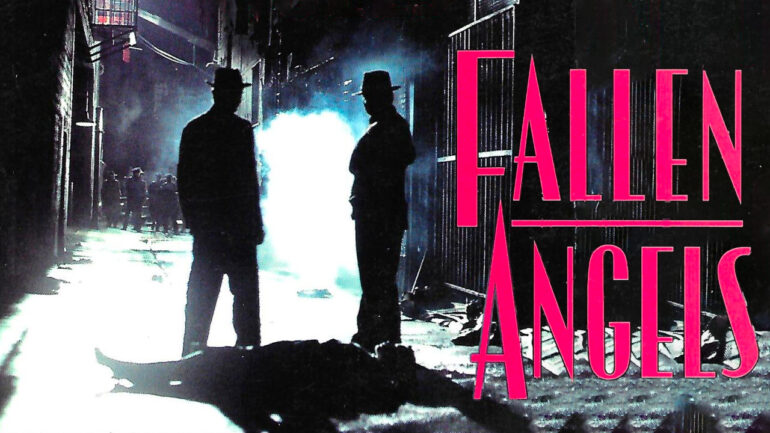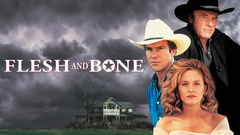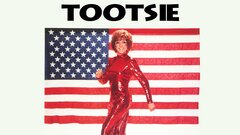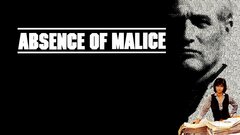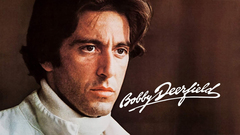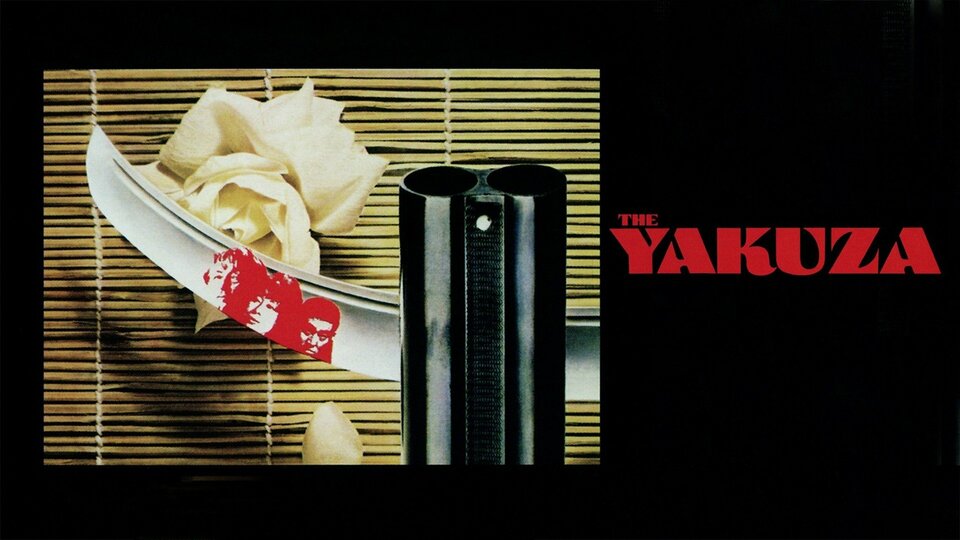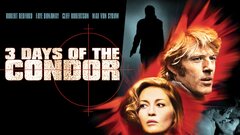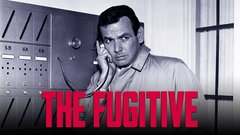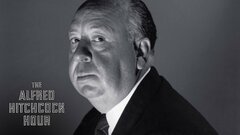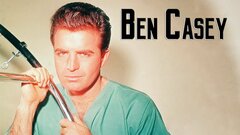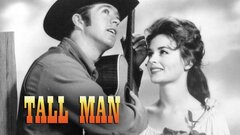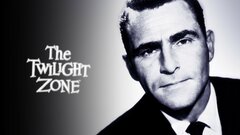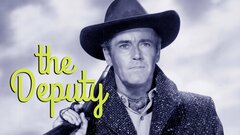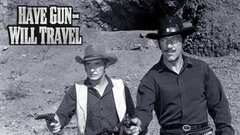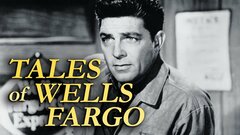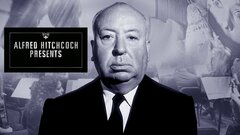As an Oscar-winning director-producer-actor, Sydney Pollack was remembered as a filmmaker capable of delivering A-list star power in commercially successful, as well as artistically respectable, feature films throughout the 1970s and '80s. A career that began as an actor and acting coach eventually led to directing, thanks to the advice of actor Burt Lancaster. After years of honing his directorial skills on television, Pollack began picking up feature film work in the mid-'60s.
The grueling Depression-era drama "They Shoot Horses, Don't They?" (1969) garnered him his first Academy Award nomination and put Pollack on the map as a director of note. He would direct Robert Redford in a total of seven movies, with efforts like "The Way We Were" (1973) and "Three Days of the Condor" (1975) numbering among the star's most popular. "Tootsie" (1982) elevated the director to an elite level of power and prestige in Hollywood few enjoyed.
Pollack went on to win two Oscars as a director and producer for his work on the sweeping romance "Out of Africa" (1985). And while the latter film marked the apex of Pollack's directing career, he continued to turn in deft performances as an actor on such hit series as "Will & Grace" (NBC, 1998-2006) and in acclaimed films like "Michael Clayton" (2007). Consistently in tune with the socio-political themes of the time, Pollack effectively tapped in to the American psyche time and again throughout his decades-long filmmaking career.
Born on July 1, 1934 in Lafayette, IN, Pollack was the oldest of three children reared by father David, a former professional boxer-turned-pharmacist, and Rebecca, who divorced his father, developed emotional problems and became an alcoholic, dying tragically at age 37 when Pollack was only 16. Though his father always wanted him to become a dentist, Pollack instead picked up and moved to New York City after graduating high school to become an actor. He took up residence at the YMCA, then looked for the right place to study acting, finally settling on the Neighborhood Playhouse.
Pollack spent his first year learning the craft with legendary acting coach Sanford Meisner, who hired the young aspirant as his assistant during his second year of study. Precocious, self-possessed and attentive at a young age, Pollack soon developed a reputation for being a solid instructor, teaching Meisner's technique to the likes of Robert Duvall, Brenda Vaccaro and Rip Torn. Pollack taught at the Neighborhood Playhouse from 1954-1960, though he took two years off in between to serve in the U.S. Army.
He realized, however, that acting would prove limiting because of his character actor looks. Meanwhile, director John Frankenheimer cast Pollack for an episode of "Playhouse 90" (CBS, 1956-1960), then hired him as an acting coach for youngsters on a television production of "The Turn of the Screw" (NBC, 1959). Frankenheimer again hired Pollack to perform the same job on "The Young Savages" (1961), starring Burt Lancaster. It was Lancaster who propelled Pollack into directing when the star called Lew Wasserman, then head of Universal Studios, to give the kid a shot.
Wasserman agreed, allowing Pollack to earn $75 a week to sit on set and watch. After six months, he was given the chance to direct an episode of "Shotgun Slade" (syndicated, 1959-60), a Western series that was about to be canceled. The studio had nothing to lose in case Pollack failed. Deemed an artistic successs, Pollack soon became a prominent television director. For the next five years, Pollack helmed episodes of "Ben Casey" (ABC, 1961-66), "The Defenders" (CBS, 1961-65) and "Alfred Hitchcock Presents" (CBS-NBC, 1955-1965).
Along the way, he earned three Emmy Award nominations, eventually winning a statue in 1966 for Outstanding Directorial Achievement in Drama for an episode of "Bob Hope Presents The Chrysler Theatre" (NBC, 1963-67). Naturally, Pollack began fielding offers to direct features and made his debut with "The Slender Thread" (1965), a competent suspense drama about a student volunteer (Sidney Poitier) at a medical clinic who answers the phone call of a woman (Anne Bancroft) slowly dying from an overdose of sleeping bills after her husband had learned their son was conceived by another man. His next project, "This Property Is Condemned" (1966), marked the first of seven collaborations with Robert Redford, a forgettable effort that was soon followed by "The Scalphunters" (1968) and "Castle Keep" (1969).
Then Pollack scored his first major success with "They Shoot Horses, Don't They?" (1969), a harrowing drama set during a Depression-era dance marathon that ends with murder. The film earned seven Academy Award nominations, including Pollack's first for Best Director. Pollack next made "Jeremiah Johnson" (1972), a stark western about an ex-soldier (Redford) in 1850 who escapes civilization to live life peaceably on the frontier with the help of a grizzled mountain veteran (Will Geer), only to become a legendary Indian killer after his family is massacred.
The anti-colonialist theme fit nicely into the anti-war fervor at the time, making "Jeremiah Johnson" a huge box office hit. Pollack followed with another success, "The Way We Were" (1973), an old-fashioned love story pairing Redford and Barbra Streisand as a couple struggling to maintain their affair during turbulent times and despite being polar opposites. Pollack missed the mark with "The Yakuza" (1975), starring Robert Mitchum as a former soldier trying to rescue the daughter of a friend (Brian Keith) from the Japanese mafia. But he returned to form with "Three Days of the Condor" (1975), a sharp political thriller about a CIA analyst (Redford) who goes on the run after an assassin kills his partners.
Pollack recorded two more missteps to round out the decade, starting with "Bobby Deerfield" (1976), then "The Electric Horseman" (1979), a romantic comedy about a has-been rodeo star (Redford)-turned-Las Vegas sideshow who falls for a reporter (Jane Fonda) trying to understand why he rode off into the desert on an injured horse. In the early-to-mid 1980s, Pollack made a trio of films that marked his most fertile period. It started with "Absence of Malice" (1981), a tense drama about an ambitious journalist (Sally Field) investigating the murder of a longshoreman, in which a reclusive businessman (Paul Newman) has been implicated, only to become deeply involved in the quest to prove his innocence. Next up was possibly his most loved feature outside of "The Way We Were;" Pollack enjoyed huge commercial and critical success directing "Tootsie" (1982), a gender-bending comedy about a struggling actor (Dustin Hoffman) who decides to dress up as an older woman to boost his acting career.
Pollack had a memorable role as the actor's combative agent; infamous stories of major behind-the-scenes disagreements between Pollack and Hoffman only added palpable tension to their onscreen scenes. Meanwhile, "Tootsie" was nominated for 10 Academy Awards, including Pollack's second nod for Best Director. Pollack finally won his Oscar with "Out of Africa" (1985), the sumptuous adaptation of writer Isak Dinesen's (Meryl Streep) memoirs which focused on her love affair with Denys Finch Hatton (Redford) during her days as the owner of a Kenyan coffee plantation. The film went on to earn 11 nominations and seven wins, including for Best Picture and Best Director.
The resounding accolades for his triumphant with "Out of Africa" soon descended into howls of resentment for "Havana" (1990), an obvious take on "Casablanca" (1942), loaded with painful dialogue and a meandering plot about a cynical gambler (Redford again!) who gets involved with the wife (Lena Olin) of a revolutionary in 1958 Cuba. The anticipated heat between Redford and Olin sputtered from a lack of screen chemistry and abbreviated sex scenes. The pillorying from critics and the miserable take at the box office left Pollack shaken and particularly cautious in selecting his next project.
He finally settled on the adaptation of John Grisham's best-selling legal thriller, "The Firm" (1993), a tense morality tale about a young hotshot lawyer (Tom Cruise) recently graduated from Harvard who is drafted into a prestigious Memphis firm which just happens to have heavy ties to organized crime. When he tries to extricate himself, however, the young lawyer suddenly learns that anyone who tries to leave ends up dead. In hindsight a solid thriller that was really nothing special, "The Firm" nonetheless earned over $150 million at the box office - due mainly to star Cruise's onscreen charms.
In 1985, Pollack formed Mirage Enterprises and began serving as a producer on several successful projects with other directors, including "Bright Lights, Big City" (1988), "The Fabulous Baker Boys" (1989), "Presumed Innocent" (1990), "Dead Again" (1991), "Searching for Bobby Fischer" (1993) and the Oscar-nominated "Sense and Sensibility" (1995). Pollack used the Mirage umbrella for "Sabrina" (1995), his woeful remake of the 1954 romantic comedy about the daughter (Julia Ormond) of a wealthy family's butler (John Wood) who returns from Paris a grown woman, much to the delight of the family's eldest brother (Harrison Ford).
Meanwhile, he began devoting more time to acting, receiving kudos for his major supporting performance in Woody Allen's "Husbands and Wives" (1992), playing an upper-Manhattan professional who leaves his wife (Judy Davis) of many years marriage for another woman. That same year, he appeared in both Robert Altman's "The Player" (1992) and Robert Zemeckis' "Death Becomes Her" (1992). In 1999, Pollack did a little bit of everything: acting in Stanley Kubrick's "Eyes Wide Shut," directing the fizzled romance "Random Hearts," and serving as producer on "Up at the Villa" and "The Talented Mr. Ripley." As executive producer, Pollack racked up a solid resume of commercial and critical hits that centered on strong acting performances, steering such projects as "Birthday Girl" (2000) with Nicole Kidman, "Iris" (2001) with Kate Winslet and Dame Judi Dench, "Heaven" (2002) with Cate Blanchett, "The Quiet American" (2002) with Michael Caine, Anthony Minghella's multi-award-nominated "Cold Mountain" (2003) and the documentary "In the Name of Love" (2003).
Acting roles also continued rolling in, including a recurring role as George Truman, the supportive but philandering father of Will (Eric McCormack) on the popular sitcom, "Will & Grace" (NBC, 1998-2006). Meanwhile, he delivered a solid turn as Ben Affleck's boss in the compelling thriller "Changing Lanes" (2002). Pollack stayed away from the director's chair for several years, not returning until 2005 when he helmed "The Interpreter." Though not as poignant as "Three Days of the Condor," the action-packed political thriller was notable as being the first film ever shot at the United Nations.
The film cast Kidman as a U.N. interpreter who overhears a life-threatening conversation in a language only she and a handful of people on the planet understand, leading to a federal agent (Sean Penn) being dispatched to uncover the plot, only to suspect the interpreter of hiding the larger truth. Though well-acted and solidly shot, "The Interpreter" was the recipient of decidedly mixed reviews that slammed the film for being too generic. Meanwhile, Pollack made his first foray into documentary filmmaking with "Sketches of Frank Gehry" (2005), an intimate look at the famous architect who achieved the rare feat of successfully turning building design into art on his way to becoming a popular figure in American culture.
Returning to his original craft, Pollack gave a typically strong performance as the head of a New York law firm who dispatches his morally conflicted corporate fixer (George Clooney) to clean up his client's messes in the high-minded thriller, "Michael Clayton" (2007). Pollack also served as one of the producers and was named when "Michael Clayton" earned an Oscar nod for Best Picture. After serving as executive producer on Clooney's mediocre comedy about the early days of football, "Leatherheads" (2008), he co-starred in the slapstick romantic comedy, "Made of Honor" (2008), playing the father of a man (Patrick Dempsey) who is the maid of honor at the wedding of the woman (Michelle Monaghan) he loves.
Sadly, "Made of Honor" proved to be the last time audiences would see Pollack onscreen. He was diagnosed in 2007 with cancer and succumbed to his illness on May 26, 2008 in his Pacific Palisades home, surrounded by family. He was 73. By Shawn Dwyer


